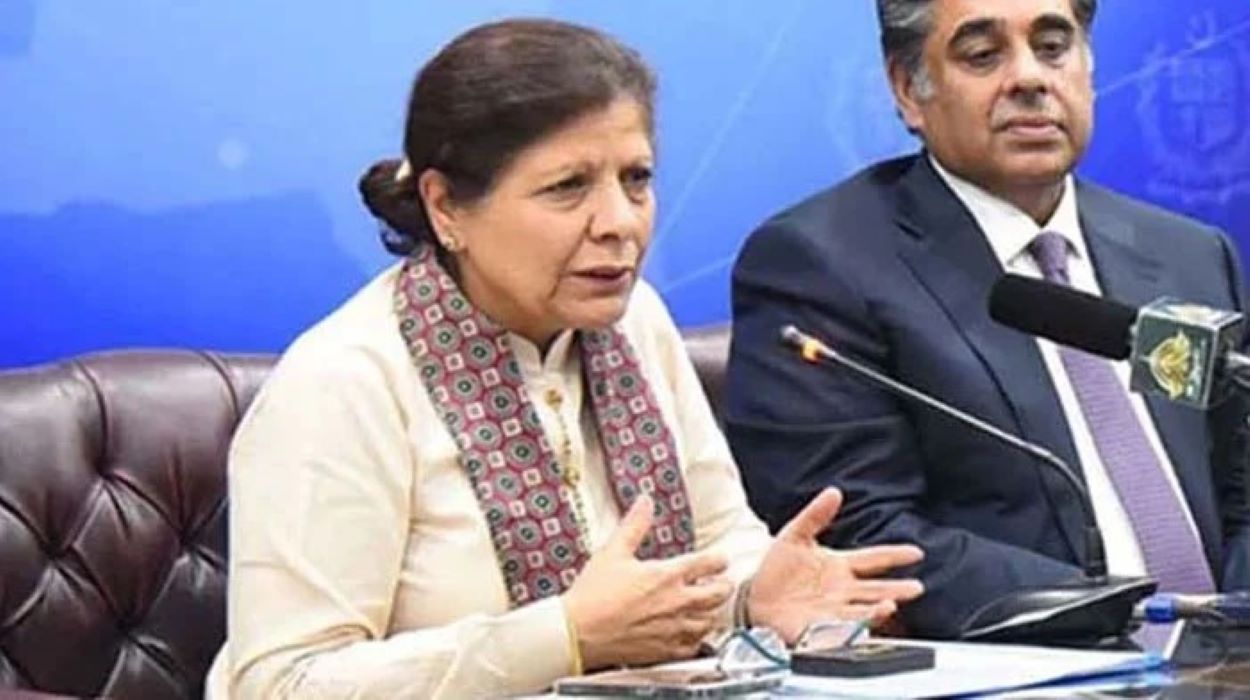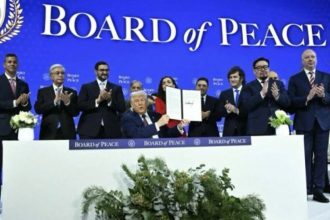Caretaker Finance Minister Shamshad Akhtar declared that to tackle climate change challenges by 2030, Pakistan requires an investment of around $340 billion, equal to 10% of its cumulative GDP.
Highlighting the dilemma, the Caretaker Finance Minister mentioned the choice countries like Pakistan face between allocating funds for development or climate change initiatives. “Pakistan will allocate Rs200 billion towards addressing climate change effects by 2030,” Akhtar remarked at the 2nd Pakistan Climate Conference hosted by the Overseas Chambers of Commerce and Industry (OICCI).
Despite economic crises easing, Pakistan is now contending with severe climate concerns. Akhtar stressed the global predicament of balancing climate finance with developmental finance. “Allocating funds for Pakistan’s climate predicament diminishes other developmental financing opportunities,” she stated.
Collaborative Efforts and International Support
For the first time, the Ministry of Finance will collaborate with the Ministry of Climate to participate in the upcoming COP28 in November. Akhtar emphasized seeking innovative climate finance mechanisms. She revealed the Asian Development Bank (ADB) would be extending financial support, akin to the World Bank, to address these challenges. In the face of a vast fiscal deficit, the National Adaption Plan emerges as a beacon to streamline financing against climate adversities. Dr. Shamshad indicated exploring Islamic and green financing avenues through capital markets with corporate and private sector involvement.
Energy Minister Muhammad Ali, via video link, accentuated the escalating costs Pakistan incurs due to climate change, further strained by economic hurdles. Discussing Pakistan’s energy ambitions by 2040, Ali said, “Harnessing the potential of the private sector, especially entities like OICCI, which encompass pioneering global organizations, is crucial.”
OICCI’s Pivotal Role
OICCI President Amir Paracha emphasized that Pakistan is currently grappling with climate change effects rather than being a distant challenge. Hosting the climate conference for the second successive year, the OICCI’s initiative represents a collective commitment from over 200 multinational corporations operating in Pakistan. Paracha emphasized, “Our objective is to reduce our environmental impact by adapting our operations and synergizing with other significant ecosystem players.”
Reiterating this, Philip Skinner, MD at GuarantCo, expressed that climate considerations are now integral to all financial decision-making processes. M Abdul Aleem, OICCI Secretary General, highlighted the collaborative spirit evident in the diverse projects and campaigns showcased at the conference. Echoing the urgency to align with the Paris Agreement’s objectives, OICCI Vice President Rehan Shaikh emphasized, “There’s a fleeting opportunity to mitigate severe climate change repercussions. Aligning our strategies with a net-zero future and marshalling resources for our nation’s development is imperative.”






